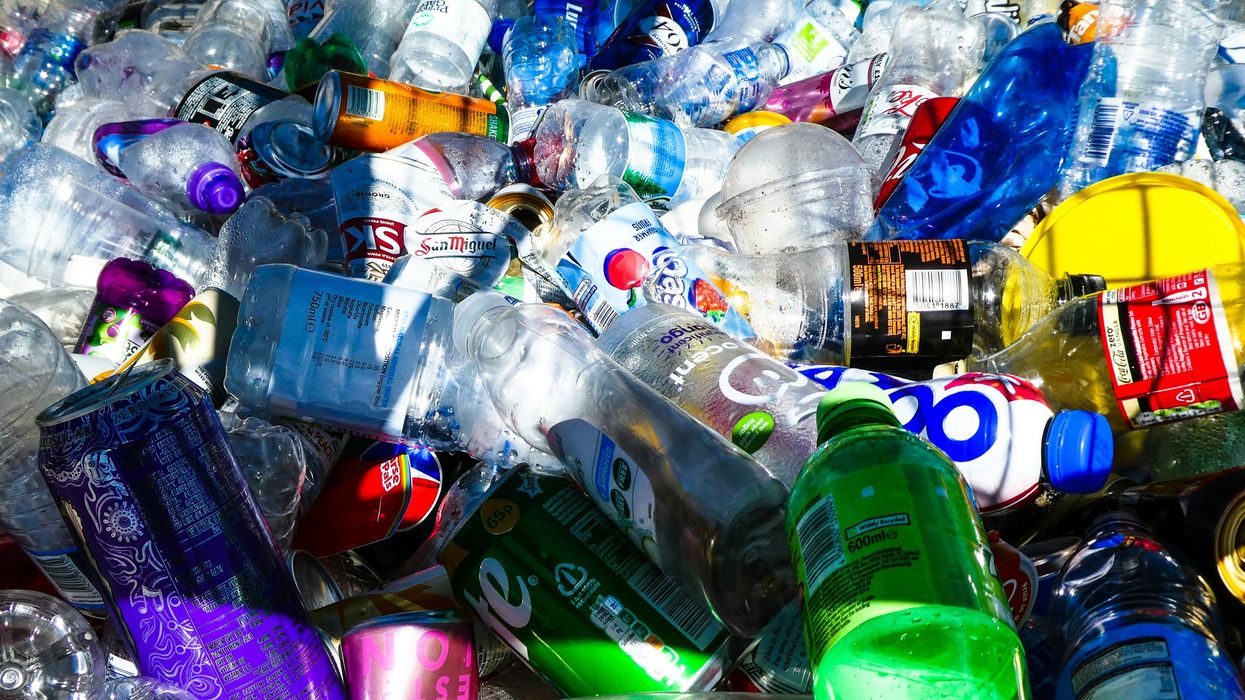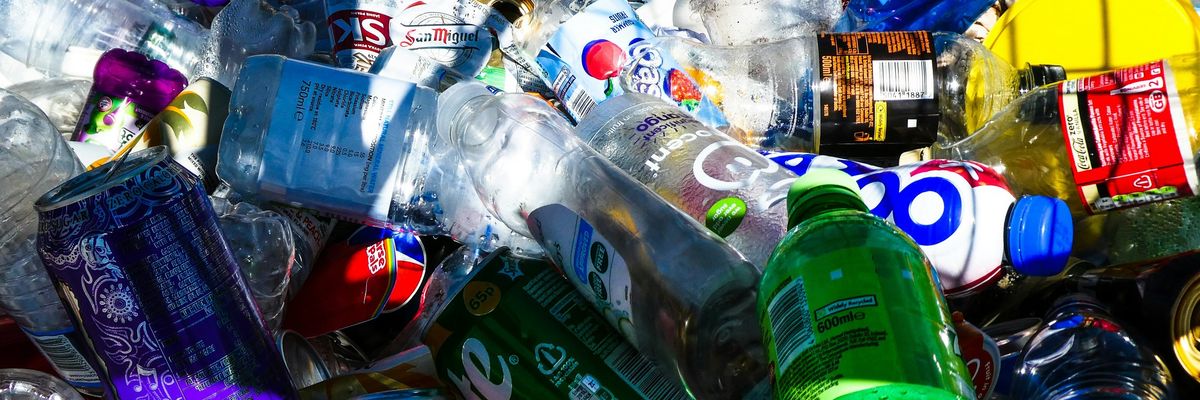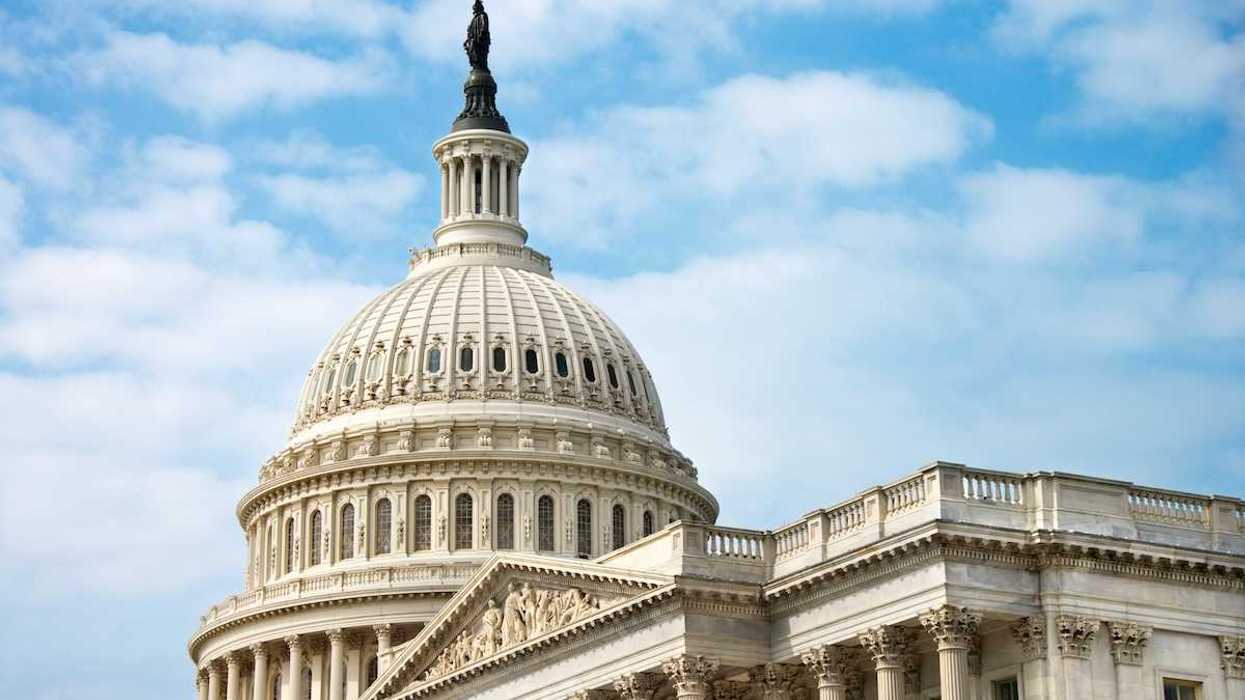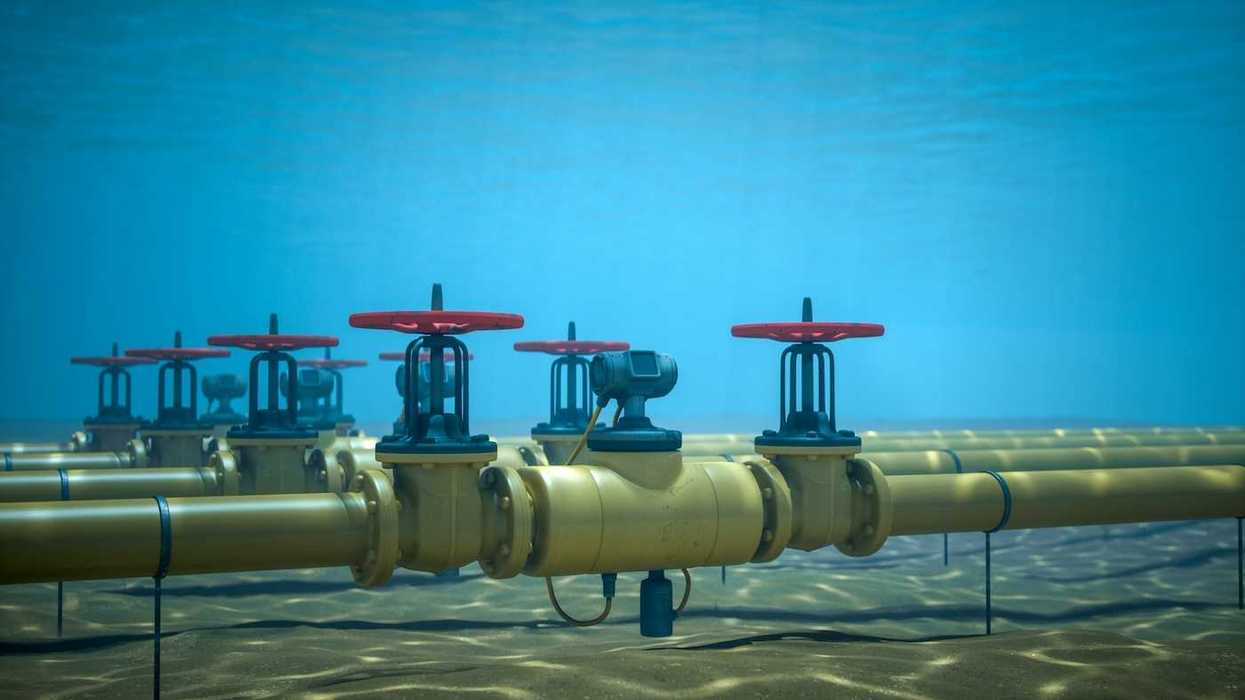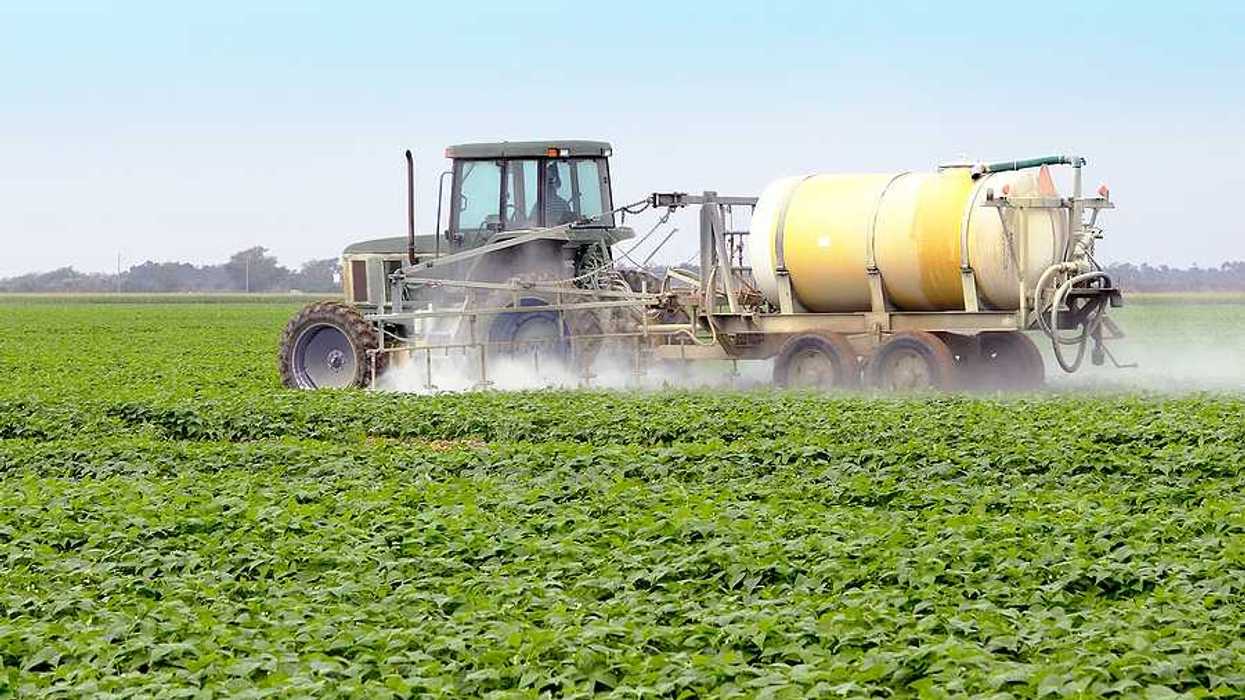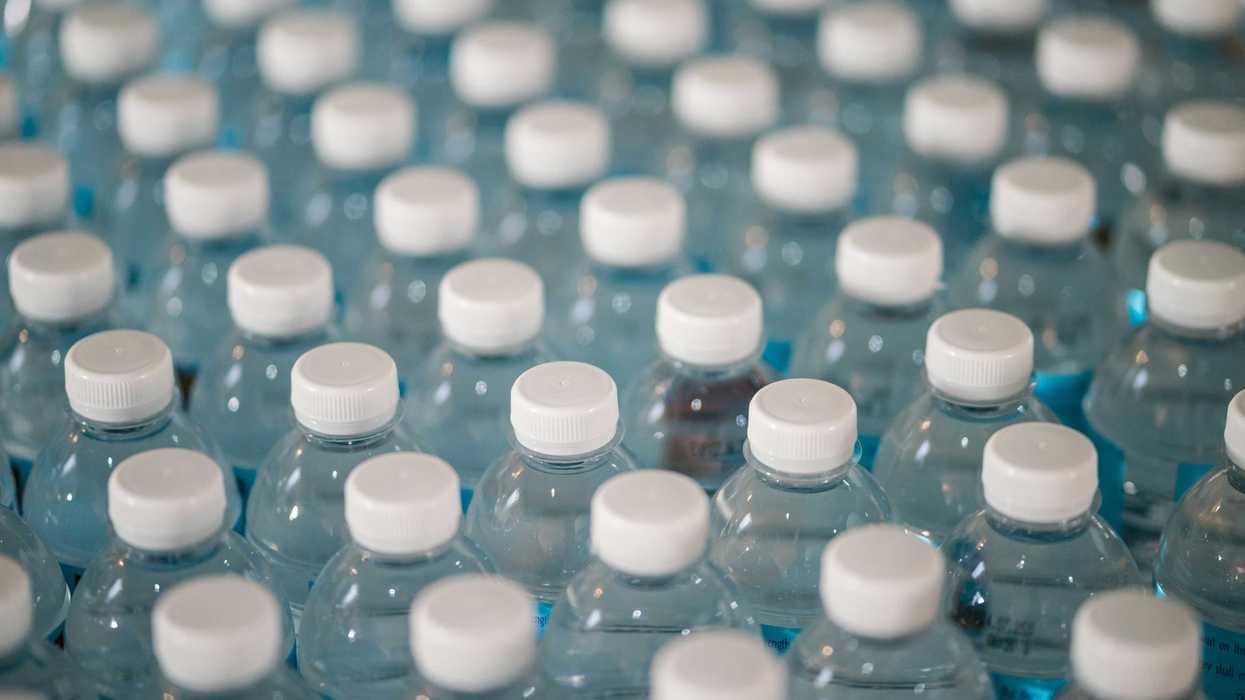In a recent study published in Scientific Reports, researchers examined the plastic waste produced by three major beverage companies: Coca-Cola, PepsiCo, and Nestlé.
In short:
- Of all the plastic produced by these three companies since 2000, roughly 60 million metric tons (MMT) ended up as pollution on land and roughly 20 MMT became aquatic pollution.
- Despite each company making public commitments to reduce plastic waste, only 8%-11% of their plastic products were recycled, with up to 58% becoming pollution.
- If no changes are made, these three companies could produce nearly 340 additional MMT of plastic (equivalent to roughly 374 million U.S. tons) by 2050, which would burden countries with an estimated $100 billion in clean up costs.
Key quote:
“Global plastic pollution is often portrayed as a wicked problem for which solutions remain elusive. However, the present study and others suggest that a disproportionate amount of plastic pollution could be avoided if industry took responsibility at end-of-life … Results of the present analysis suggest that a course change by a few important players could help to make real progress toward the protection of global human populations, wildlife, and threatened natural resources.”
Why this matters:
There are an estimated 57 million tons of plastic pollution generated globally each year. While many major consumer goods companies including Coca-Cola, PepsiCo, and Nestlé have pledged to reduce their contributions to plastic pollution, the production of single use plastics has nearly doubled in the past decade. Negotiations of the UN Global Plastics Treaty, which aims to tackle the plastic crisis on an international scale, will continue in August, but the authors of this analysis point to the importance of holding the industry responsible for managing and reducing the plastic waste they produce.
Related EHN coverage:
- International scientists call on UN to address plastic pollution: “The time for ambitious action is now”
- How do we address 57 million tons of plastic pollution? Turn off the tap
- “We have enough evidence” to act on toxic plastic exposure now
More resources: The Scientists’ Coalition for an Effective Plastics Treaty is an international network of independent scientific and technical experts working to ensure the UN Plastics Treaty is based in accurate and up-to-date science. Their website includes fact sheets, policy briefs and other resources on the environmental and health effects of plastics.
Biyani, Nivedita et al. for Scientific Reports vol. 15. July 1, 2025

